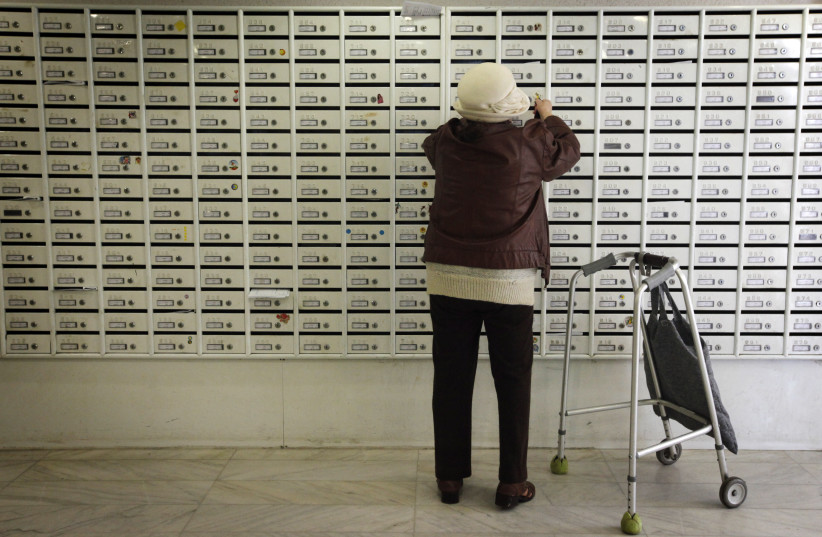Over 67,000 immigrants made aliyah this year from Russia, Ukraine and Belarus, according to a recent study conducted by the One Million Lobby Association, an Israeli public lobby advocating for Russian-speaking Israelis, in conjunction with Bar Ilan University.
"We must move towards solutions urgently. The state's failure to absorb this aliyah may reverberate decades into the future."
One Million Lobby CEO Alex Rif
 Learn how to buy your home in Israel with confidence
Learn how to buy your home in Israel with confidenceThe study, whose results are based on a sample of 375 respondents and reports a sampling error of 5.2%, showed that 93% of these new Slavic immigrants see Israel as a home where they would like to settle.
Approximately 85% of respondents have a bachelor's degree or even higher-level qualifications, and 80% come with a profession that has demand and application in Israel. Even so, less than 10% reported finding a job in their previous or intended profession.
"The data shows, without a shadow of a doubt, that there is a failure here in absorbing immigrants," One Million Lobby CEO Alex Rif explained. "If we do not wake up [to this reality] urgently, the State of Israel will lose tens of thousands of academics in the most-needed professions in the economy. An absurd situation has arisen where immigrants who arrive in Israel in a stable economic situation, find themselves in financial hardship because of the huge waiting lists and the inefficiency of the aliyah absorption system. The new government must understand the magnitude... and the urgency of intervening in the matter, and come up with a national emergency plan."

Education deficits for students of all ages
Some 72% of immigrants have not yet started studying Hebrew in an intensive program, also called an ulpan, while 30% gave up ulpan studies because they could not afford it. According to the data gathered, there are thousands of new olim who want to learn Hebrew but are without a place to study due to a lack of teachers and classrooms.
Because of long waiting lists for ulpan registration and the fact that career counseling is only provided through the ulpan system, new immigrants often need to take the most available job in order to start making money, despite it not matching their personal experience or goals.
This, according to the study, only adds to the weight of the mental stress put on the olim – and explains why almost two-thirds (63.7%) of respondents reported that they personally know at least one person who is suffering from mental distress and getting little to no help from the state.
"The research we carried out revealed failures in all aspects of the absorption of immigrants - language learning, assistance in finding suitable employment, housing, bureaucratic challenges presented by government ministries, mental health assistance and a sense of integration in the country," added Rif. "We also see problematic conduct in the education frameworks for the children of the immigrants."
Of the 67,000 new olim from Russia, Ukraine and Belarus, roughly 10,000 are children. Only about 10% of families with children reported that the educational assistance their children were receiving was sufficient, citing inadequate language support and the lack of a framework for social integration.
They also say that, while the state places great emphasis on strengthening children's Hebrew skills, it offers practically nothing in the way of psychological aid to children who have just moved to an entirely new environment.
"We must move towards solutions urgently," Rif emphasized. "The state's failure to absorb this aliyah may reverberate decades into the future."
 Sign up for our newsletter to learn more
Sign up for our newsletter to learn more 